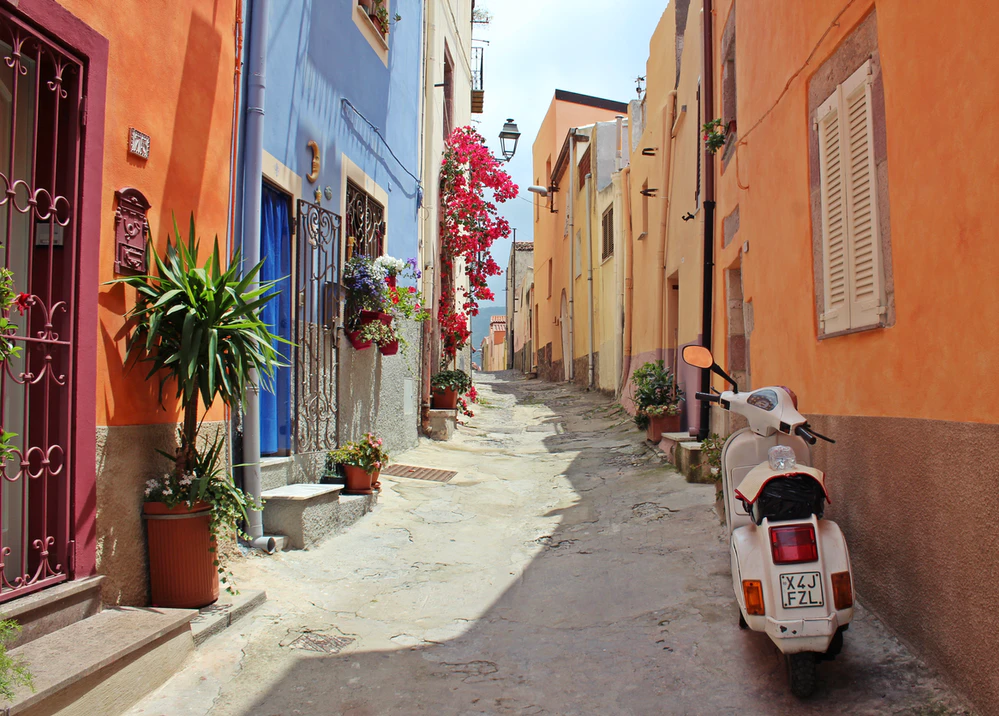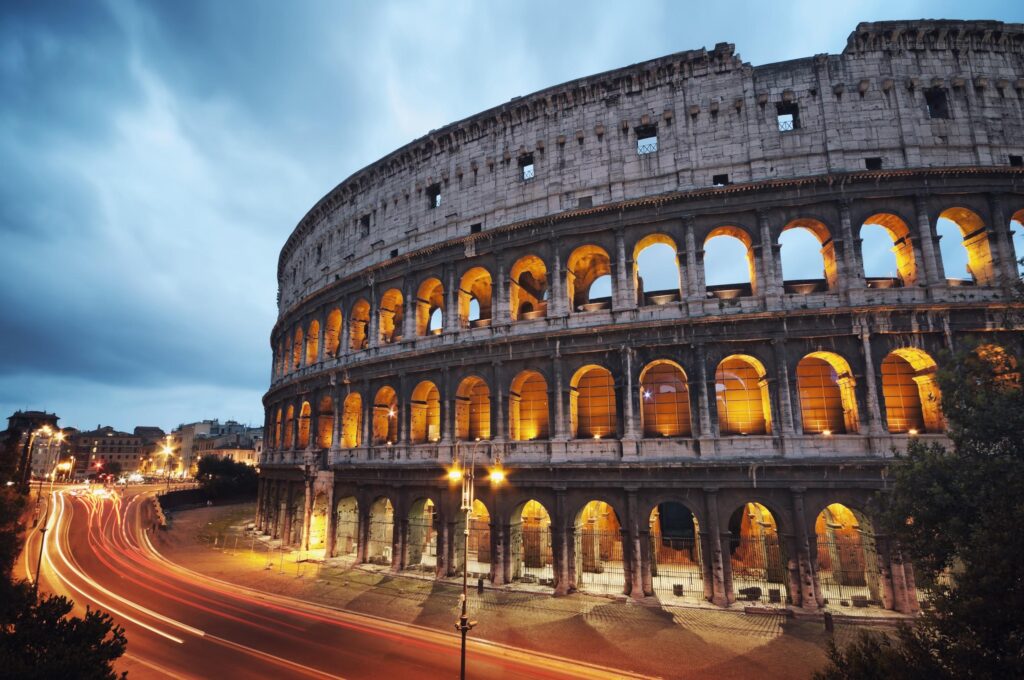Vital Vocab for Renting an Apartment in Italy
If you will be working or attending school you might be planning to rent an apartment in Italy for the duration of your stay. Dual citizens and expats might want to buy a flat in Italy or renovate a historic villa in the countryside. This guide to the essential Italian vocabulary for renting or buying a property in Italy will help you find your new home for a year or a lifetime.
Do You Need an Italian Real Estate Agent?
Technically you can buy or rent property in Italy without using a real estate agent or agenzia immobiliare. However, beware of private landlords who do not intend to register your rental agreement with local authorities.
Having a registered rental contract protects you as a tenant in Italy and provides documentation to support your citizenship and/or residency. For most people who are still learning Italian, it is easier to work with a qualified agenzia immobiliare to make sure everything is on the up and up.
Italian Phrases for Your Property Search
You will have many questions, and this basic vocabulary for renting an apartment or buying property in Italy will help you ask the right questions and understand the answers.
One of the first things your real estate agent might ask you is:
Stai pensando di acquistare un immobile? (Are you thinking of buying a property?)
Your response might be:
Sto cercando di affittare. (I am looking to rent.)
Italian Phrases to Use with Real Estate Agents and Landlords
Getting the conversation started is easier with these basic Italian words and phrases about Italian properties:
- Qual è la vostra provvigione? (What is your commission?)
- Quando si libera l’appartamento? (When is the apartment vacant?)
- La casa è climatizzata? (Is the house air conditioned?)
- L’appartamento è arredato? (Is the apartment furnished?)
Your agent or landlord might respond with more detailed information about the rental properties:
- L’appartamento non è arredato. (The apartment is unfurnished.)
- La casa è parzialmente arredata. (The house is partially furnished.)
- L’appartamento è in buone condizioni. (The apartment is in good condition.)
- La casa è stata ristrutturata. (The house has been renovated.)
Pets and Children in Your Rental in Italy
One of your first questions might be if your child, baby, or furry companion can live at your rental property in Italy. You might ask:
- La casa è adatta ai bambini? (Is the house suitable for children?)
- Gli animali sono ammessi in questo appartamento? (Are pets allowed in this apartment?)
- La casa è adatta per un cane o un gatto? (Is the house suitable for a dog or cat?)

Italian Words for House and Apartment Features
When you are renting or buying a property in Italy there will probably be some specific terms and phrases you need to learn in Italian. The conversation will probably include these terms:
- Locali or vani (Room)
- Monolocale (Studio apartment)
- Bilocale (Apartment with one room, living room, and kitchen)
- Trilocale (Apartment with two rooms, living room, and kitchen)
- Casa or villa (House)
- Villetta a schiera (Terraced house)
- Condominio (Apartment complex or building)
Italian Phrases About Rentals
Using your new Italian vocabulary, you can get all the details from native Italian speakers and rental agents and understand their responses.
- Cerco un monolocale. (I am looking for a studio apartment.)
- Ho bisogno di una casa con due camere da letto. (I need a house with two bedrooms.)
- Non c’è ascensore in questo edificio? (There is no elevator in this building?)
- Ti piacerebbe vedere l’appartamento? (Would you like to see the apartment?)
- Vieni, ti farò fare un giro. (Come, I will give you a tour.)
Italian Terms for Inside Rooms and Features
Even if you are still learning proper Italian pronunciation, a native speaker who works as a real estate agent will be sure to recognize these common words for rooms inside a home and its outdoor features:
- Bagno means bathroom, bagno con vasca with a tub, and bagno con doccia with a shower.
- Cucina means kitchen, while a large kitchen with dining space is a cucina abitabile.
- Camera da letto is a bedroom and camera matrimoniale means master bedroom.
- Sala da pranzo is the dining room and a studio is an office.
- Soggiorno is the living room and mansarda is an attic.
- Giardino is a garden or yard, and cantina is the cellar.
Terrazza or balcone refer to the terrace or balcony.

The Importance of Learning the Italian Language
Learning to speak Italian can help you communicate with landlords and property managers, meet people, and buy or rent in Italian neighborhoods where you become immersed in the culture. Whether you are buying a house or just traveling in Italy, an Italian lesson or language course will be a great investment in your future life.
Whether it’s making conversation while you pay your monthly rent, understanding the details before you sign a lease, or just spotting a sign that says In Affitto or Affittasi (for rent), learning Italian is a huge advantage. In some cases, you may need to acquire an intermediate level of proficiency in the language to apply for citizenship.
When You Are Not Sure What to Say in Italian
As you explore Italy and navigate in a new language, it is okay that sometimes you do not understand. Italians are usually happy to see you are making the effort to learn their language. These phrases will help you get the information you need and let native speakers know that you are still learning.
- Parlo solo un po’ di italiano. (I only speak a little Italian.)
- Potrebbe ripetere, per favore? (Could you repeat that please?)
- Mi scusi, non capisco. (I’m sorry, I don’t understand.)
- Stai parlando troppo velocemente. (You are speaking too fast.)
- Puoi dirlo lentamente? (Can you say it slowly?)
- Come si dice ___ ? (How do you say ___ ?)
- Non parlo italiano molto bene. (I don’t speak Italian very well.)
- Me lo scriveresti? (Would you write it down for me?)

Are You Considering Moving to Italy?
Of course, there are many things you will need to do before you can buy or rent a property in Italy. The fastest way to obtain the right to live in Italy is to become a citizen. You might also move to Italy on a work or student visa, or as a retiree with sufficient income to be granted residency.
When you apply to rent an apartment in Italy you may also need to show proof of income or employment before you are approved. In some cases you may be asked for a garante—this is a person who agrees to pay your rent if you cannot.
The Italian American Citizenship Assistance Program (ITAMCAP) can help you get your passport and citizenship, which enables you to reside in Italy. At ITAMCAP, we can assist in getting your Italian citizenship by descent or marriage. We also provide Apostille and translation services for all your documentation and help with researching vital records and obtaining Italian tax identification numbers. Contact us online or call 305-812-5512 to get started.

